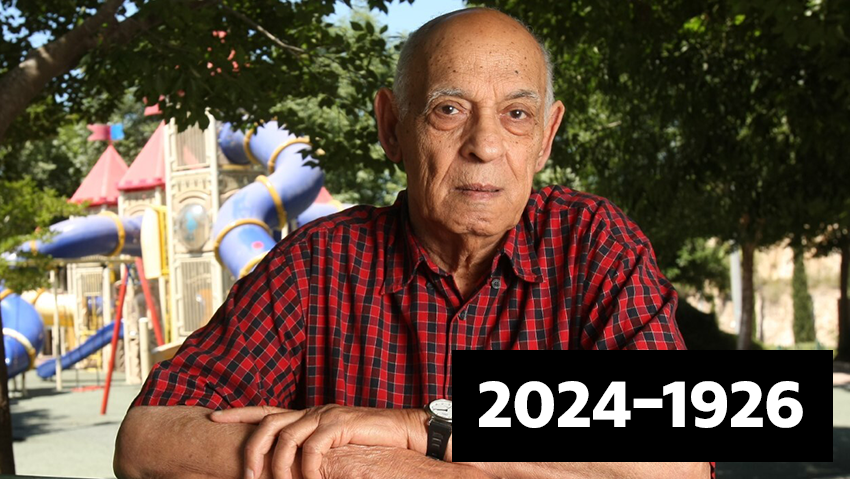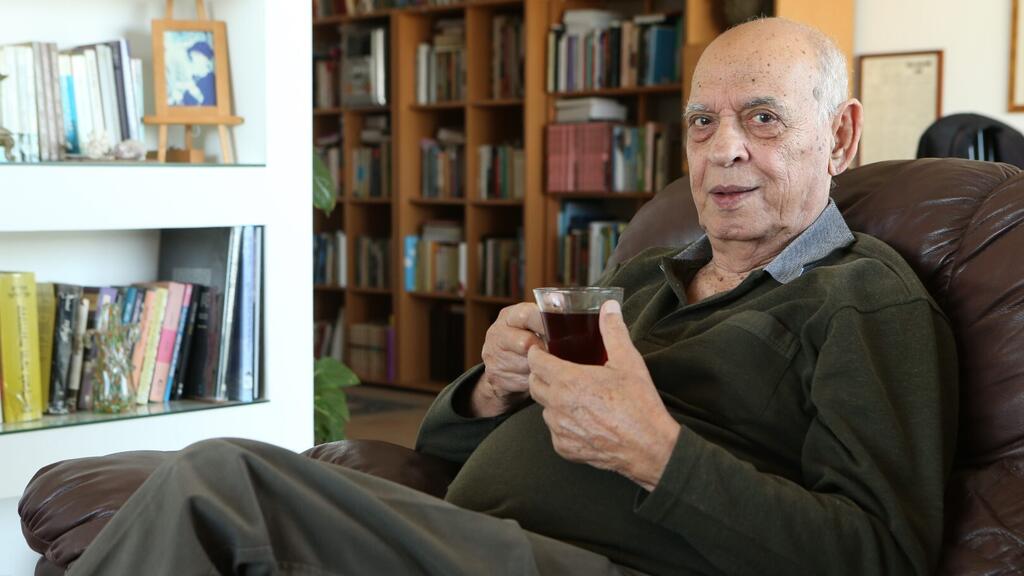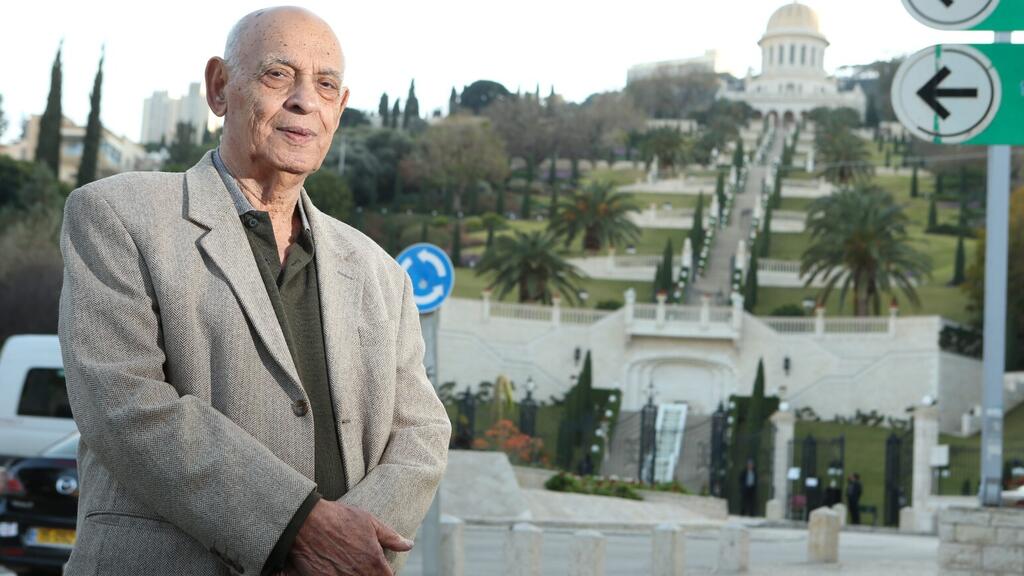Getting your Trinity Audio player ready...
Israeli author Sami Michael, one of the prominent writers and creators of modern Hebrew culture, died on Monday at the age of 97. Michael was among the decorated writers in Israel, winning countless local and international awards for his works which also included children’s books. He is survived by his wife Rachel and two children, Amir and Dikla.
"Sami Michael’s contribution to Israeli culture and identity won’t be forgotten,” President Isaac Herzog said. “The boy who made Aliyah from Iraq, bridged and mediated between the different strands of his identity, and placed a magnificent mosaic of Israeli-ness in front of us both as a people and a nation.”
“Between Aliyah to forming Israeli roots, sharp criticism to a tender caressing, and between the Israeli people to themselves, Arab Israelis and the Middle East - he always knew how to walk gracefully, gathering insights along the way, and never give up on his values,” he added.
Culture and Sports Minister Miki Zohar mourned Michael: "I was very saddened to hear of about Sami Michael’s death, a man of words and wit who lived a long and full life, who acted tirelessly for the sake of justice, equality, and social values. Israeli culture and literature have enjoyed and were glorified by his work. His legacy, his social achievements, and his creations will continue to honor Israeli literature and will be preserved in the living book of Israeli culture forever, works that will endure the test of time. My condolences to his family."
Sami Michael was born in Iraq in 1926 under the name Kamal Salah. He showed political awareness and was active in the Iraqi Communist Party from a young age. In 1948, he was forced to flee to Iran and later made Aliyah to Israel. Upon his arrival in the country, he adopted the name Sami Michael. He acquired his academic education at the University of Haifa, studying psychology and Arabic literature.
Michael's first publications as an author appeared in Arabic media, being the only Jew accepted as a member of the editorial staff of the Aletihad newspaper, where he served as a writer and editor.
In 1974, his first book in Hebrew, All Men are Equal – But Some are More, was published, a novel describing the breaking apart of an Iraqi immigrant family after their arrival in Israel, following the difficulties of its integration into local society.
Since its publication, the book's name has become a common term in the struggle of Middle Eastern Jews who made Aliyah for social equality in Israel during the 1970s. Michael quickly secured a favored spot in Hebrew literature. His body of work includes novels, novellas, and young adult books.
Michael's writing was characterized by a realism drawn from his personal experience. An inseparable part of his writing was also his involvement in burning social issues in Israeli society: Jewish-Arab relations, political and social topics, and issues related to Jewish-Israeli identity.
Michael was also engaged in political activism, and was among the first Israeli authors invited to lecture in Cairo after the signing of the peace agreement between Israel and Egypt.
His books received both official recognition and great popularity in Israel, with many of his books entering high school curricula.




